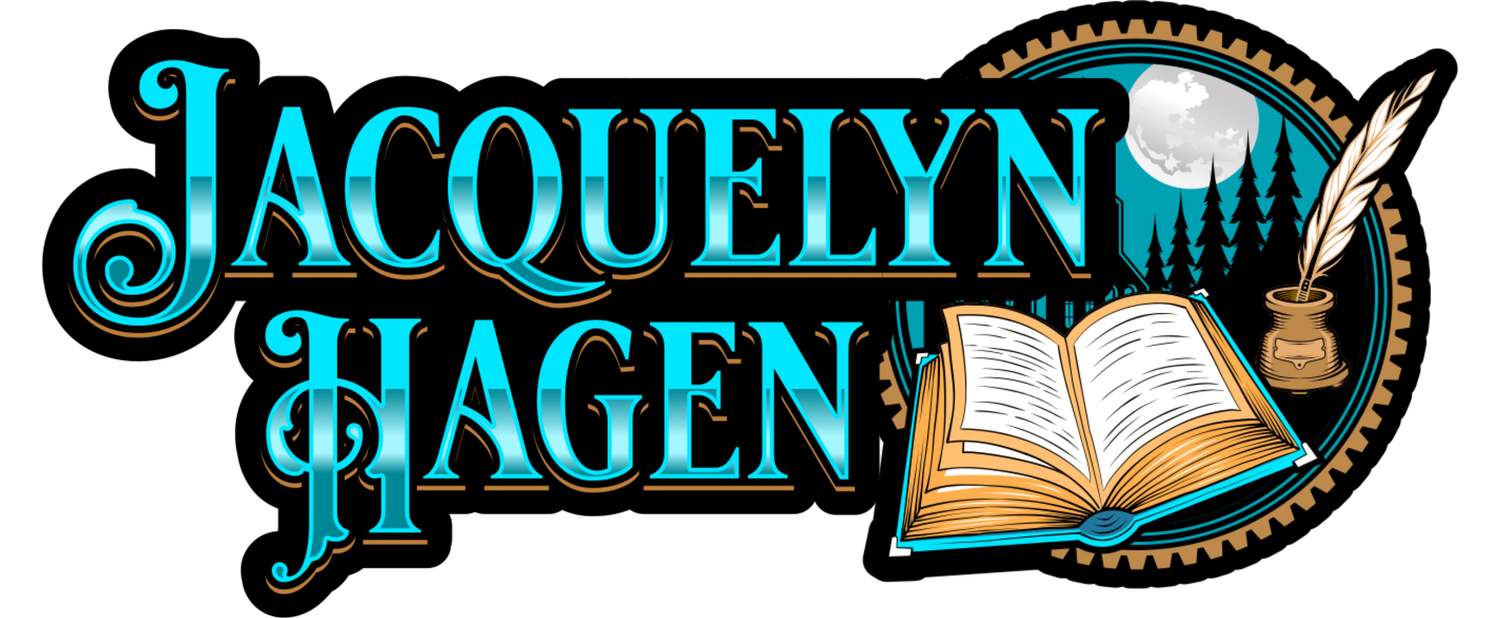Wonder. Heart. Cake.
Yes, that's right. Cake.
With the official launch of my book, The Wickwire Watch, I thought I would give a brief explanation of what I believe to be the essential elements of a good story. I don’t mean to get into the weeds of narrative structure or character arcs, although those things are important. I'm talking about those elements that give a story their flavor or feeling, their “personality”, so to speak. These are the things I try to keep in mind whenever writing my own stories, and I’ve found that they hold up pretty well when compared to other creative works as well.
1. WONDER
I hit on the importance of wonder in my blog from a few months ago, “Where to Find Adventure.” For me, if there is no wonder in a story, something new to discover that inspires a sense of awe and intrigue, I will probably lose interest. Lack of wonder is the reason I don’t enjoy a lot of stories set in the modern age. Nine times out of ten, I much prefer to be taken into the past or the future, or even better, out of this world completely. Crime stories, high school dramas, contemporary romance…they’re not for me. I’d much rather be exploring an ancient ruin in a dark jungle, sailing through a squall on an 18th century frigate, or wandering through a mysterious city full of secrets and magic. Now, wonder doesn’t always have to be on such a large scale. I find wonder in learning about different cultures, language, social structures, but it must be done in such a way that the story (and audience) is enriched by them.
2. HEART
Western society has had a hot/cold relationship with having heart in their stories. I don’t mean romance. I don’t even necessarily mean emotion. I mean an earnest, honest willingness to tell the truth even if it means being vulnerable—and even at the risk of ridicule. There are some people (and thereby stories) that are very uncomfortable with this kind of heart. They must put on a slick front, have tough-talking characters, and stay far from anything that might seem the least bit “uncool”. I have very little patience for stories without heart, even though several have turned into successful film and TV series. You can be as cool and flashy as you want, but at the end of the day, without heart, you are an empty shell, good for nothing and no one. Storytellers ought to have the courage to be tenderhearted and not apologize for it. Again, to be clear, I don’t mean that heart necessitates a constant outpouring of melodrama and hysterics. It requires the application of wisdom and restraint. But when done right, I believe this is the main element that will lift a good story into a great one.
3. CAKE
The best stories have cake. Cake consists of two things: hope and humor. Once again, there are plenty of stories out there—and successful ones—which don’t have any hope or humor, but taking in too much of these is like throwing back shots of lemon juice or black coffee. After a while you begin to feel….icky. Sullen. And probably dreading the next shot. This is why we must have cake. Life is harsh and bitter enough. This is not news to anyone. But because of this, I don’t believe storytellers should be dragging their audiences through a dark tunnel of muck and slime, only to leave them there. There should be light. There should be air. There should at least be some hope of a way out, if not for the characters, then at least for the audience. Otherwise, you are just making the difficulties of life even more miserable. Storytellers should do better than that. Now, I don’t only want cake. That’s no good, either. That’s not truthful.
But neither is no cake.
